- Home
- The agency
- Discover Provence
- Sustainable tourism
- Our offers
- Owners
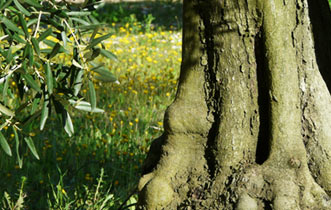
In 1993, the term "sustainable tourism" appeared for the first time in a guide published by the WTO (World Tourism Organization) and UNEP: Handbook for local government - Sustainable Tourism Development
Sustainable tourism is an implementation of the concept of sustainable development, applied to tourism.
Therefore, sustainable tourism or responsible tourism is a way of thinking and acting dynamically for the various stakeholders and which is contrary to mass tourism.
To develop sustainable tourism worldwide and to disseminate its implementation, in 1995, the WTO met in Lanzarote (Canary Islands) with Unesco, UNEP and the European Commission
The outcome of this meeting was the publication of a Sustainable Tourism Charter.
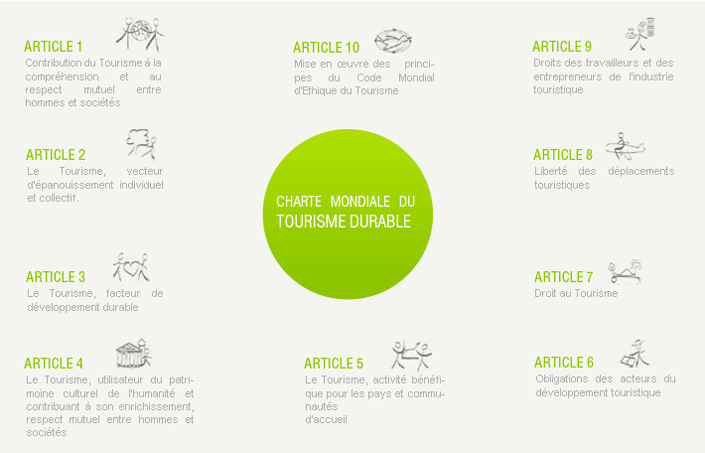
In order to implement sustainable tourism, the European Commission set up a program entitled : European Agenda 21 for Tourism.
This program was created in June 1999, prepared by a task group called : "The promotion of Environmental Protection and Sustainable Development in Tourism".
This program has been circulated on a local, national and regional level in the European Union thanks to a European network of pilot regions in Sustainable Development that integrate the sustainability of tourism in its entirety, promoting a partnership between regions which are part of this network.
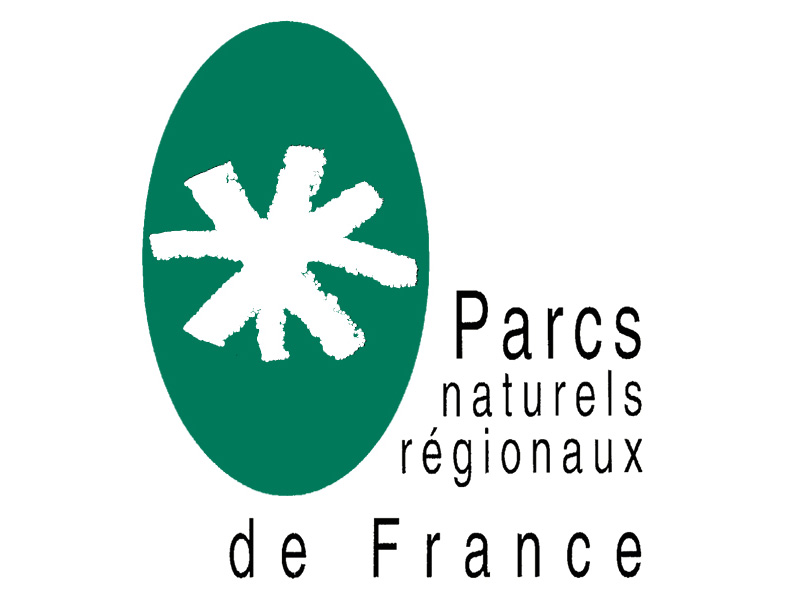
THE TRADEMARK "REGIONAL PARK" is a registered collective trademark. It can be applied to products and services.
The trademark reflects the commitments of its beneficiaries: their attachment to the region, the offering of products and services which enhance local cultural heritage with its history, buildings...
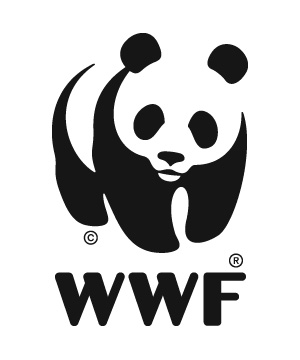
Holiday accommodation in France (self-catering cottages, bed and breakfast, group cottages, and children’s cottages) mostly located in a National or Regional Park, to which the WWF grants its label.
Three conditions are necessary:
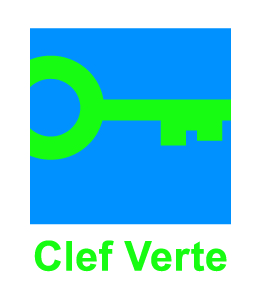
A Label of Environmental Management of tourist accommodation run by the Foundation for Environmental Education since 1998. It rewards campsites, hotels, and country cottages for their dynamism and enthusiasm about the environment. The criteria for certification :
Indoor and Outdoor areas: organizing non-smoking areas, using environmentally-friendly products, composting
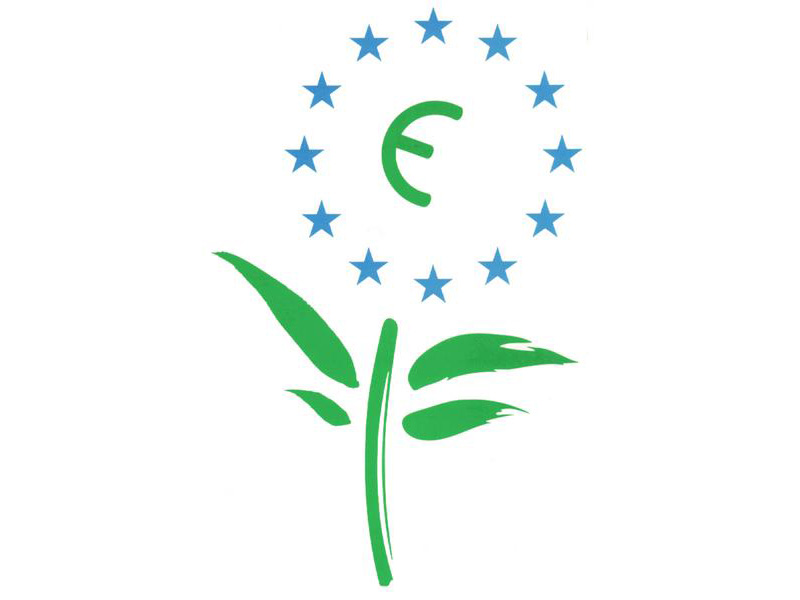
Awarded by the European Commission to many products where tourist accommodation guarantees that the lodging or campsite :